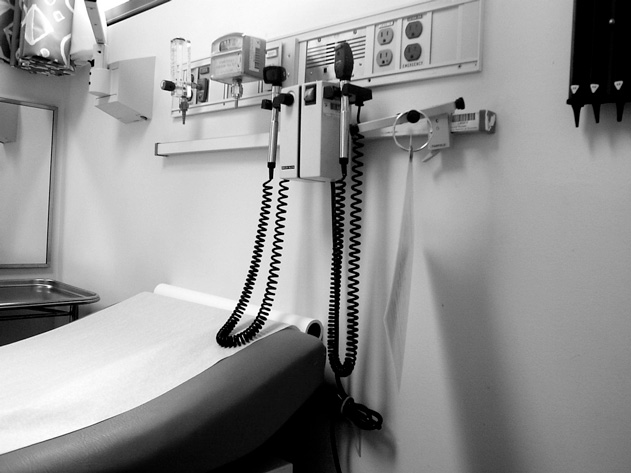by Ian de Stains OBE
For as long as I can remember, the women in my life have gone to great pains to remind me that to be of the male gender is also to be at a distinct advantage when it comes to medical matters. On the whole, the most teenage boys have to deal with is the potential embarrassment once a year of having certain private parts coddled while being asked to cough. The sisters of our peerage, on the other hand, soon begin to understand that the particulars of their anatomy require an altogether more intimate approach to making sure their health is what it ought to be.
The majority of men pay no heed to this kind of difference until it comes to first-time parenthood. Then reality strikes. When it comes to the moment of truth, I’m prepared to bet that no number of birthing classes can really discourage most men from the thought that Mother Nature herself ought to have come up with the concept of the zipper.
But there comes a time when this convention is set upon its head. Perhaps it is 55, perhaps 60; a man’s doctor suddenly loses interest in the dangly bits and starts to focus on what’s going on inside. This is when a man discovers how surprisingly large a finger can feel when the prostate is palpated. I can’t help wondering, though, who gets—if you’ll forgive the expression— the worst end of the stick: the proctologist or the patient? Now, perhaps we begin to understand a little of what our wives, sisters, and daughters go through as a matter of course, and from a much earlier time.
Technology, of course, helps. Cameras are now deployed through virtually every orifice to check for potential problems. I was told recently after one such video foray that, “for a man of your age your colon is in very good condition.” That might seem like something of a backhanded (is that the right word?) compliment, but I was reassured to learn that there was nothing nasty lurking.
I was surprised to learn that a large number of men are loathe to undergo such screenings. Whether it is our earlier conditioning or some sort of macho-ism, men it seems are far less likely than women to consult their doctors unless they become sick, and healthcare professionals are concerned that this reluctance contributes to the fact that many men die as a result of conditions that would not have been fatal had they been discovered sooner.
The message seems clear, and in Tokyo we are fortunate to have any number of medical centers designed to accommodate the needs of the foreign man: the Tokyo British Clinic, the Tokyo Medical and Surgical Clinic, and the Roppongi Midtown Medical Center (set up by Johns Hopkins in the US) are among those that can offer extensive services. They also cater, of course, to foreign women, but most know that already.
Ian de Stains is alive and well in the British Chamber of Commerce in Japan. The views expressed in this column are strictly his own and are not necessarily endorsed or shared by the BCCJ.
photo courtesy by Dave Parker









